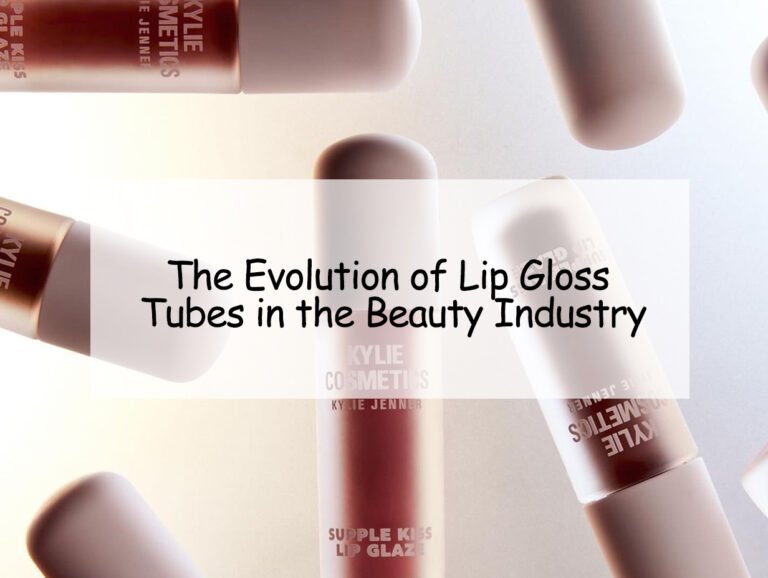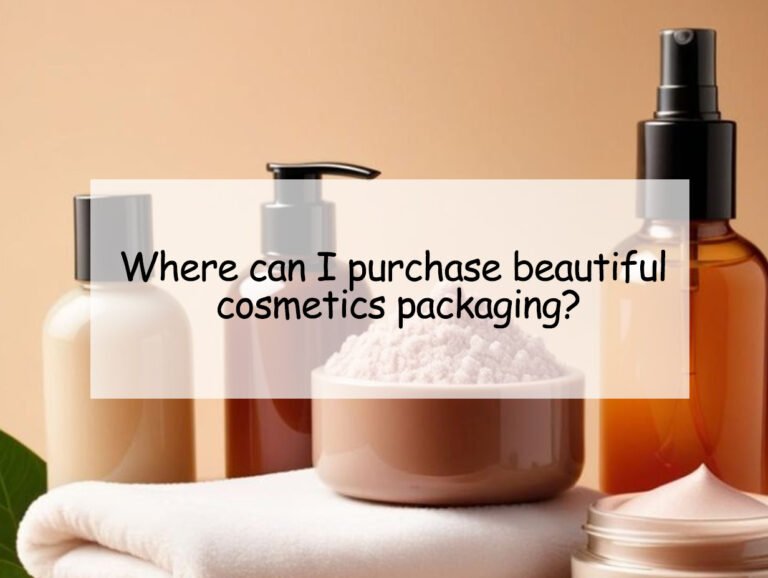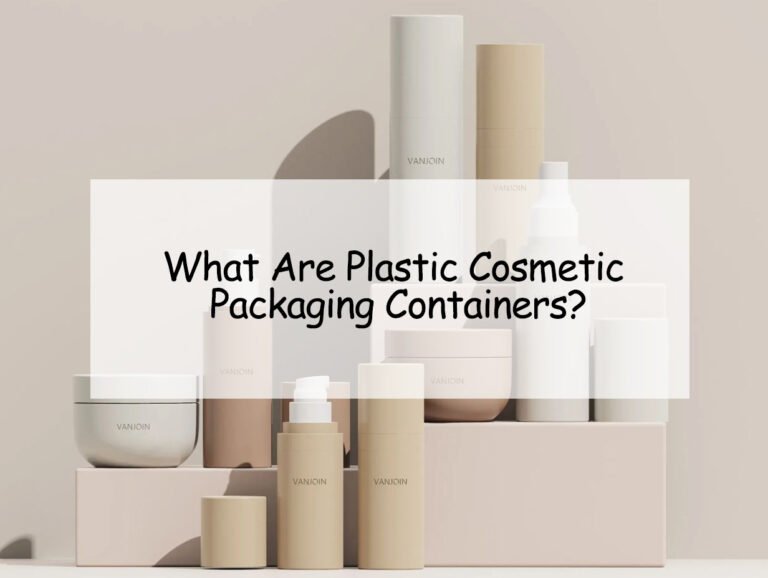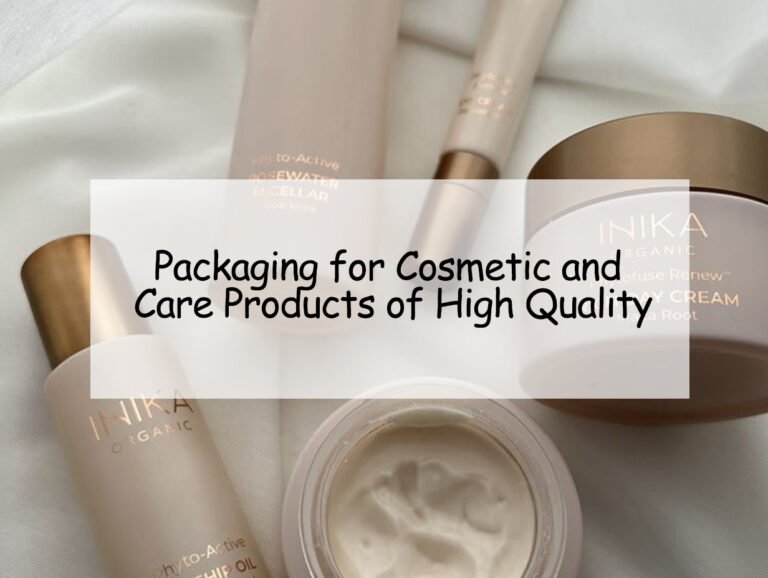Many brands ignore the environmental impact of cosmetic packaging, leading to pollution. This neglect hurts our planet—eco-friendly packaging provides a responsible solution.
The main goal of eco-friendly cosmetic packaging is to minimize environmental harm by using sustainable materials, reducing waste, and supporting recycling, ensuring minimal ecological impact throughout its lifecycle.
Eco-friendly packaging is essential in cosmetics today. Keep reading to understand why it matters and how it helps.
What is the objective of eco-friendly packaging1?
Brands often use packaging that damages the environment, leaving customers frustrated and concerned about waste and pollution.
Eco-friendly packaging aims to minimize environmental harm by using sustainable materials2, reducing waste, and enhancing recyclability, supporting overall ecological balance.
Objectives and Benefits of Eco-Friendly Packaging
In my experience with JINLIN Packaging, customers like Mary prefer packaging that respects the environment. The primary objective of eco-friendly packaging is sustainability. This means using materials that can be easily recycled, composted, or reused. Materials such as bamboo, glass, metal, or biodegradable plastics3 replace traditional plastics that take hundreds of years to decompose.
To illustrate, let’s look at a comparison of traditional and eco-friendly materials:
| Material Type | Decomposition Time | Recyclability | Cost Efficiency | Common Use |
|---|---|---|---|---|
| PET Plastic | 450+ years | Poor | High | |
| Glass | Unlimited (Reusable) | Excellent | Moderate cost | |
| Bamboo | 2–3 months | Compostable | Excellent, sustainable resource | |
| Biodegradable plastic | 3-6 months | Good | More sustainable than traditional plastic |
Moreover, eco-friendly packaging helps brands build trust with consumers who value sustainability. It communicates responsibility and care, attracting customers who are willing to support companies prioritizing environmental protection. By adopting eco-friendly practices, my business JINLIN has successfully partnered with clients seeking both quality and sustainability, ensuring our customers stay competitive and responsible.
Tip: Common Misconceptions
-
True or False: Eco-friendly packaging is always more expensive.
- False. While sometimes initial costs can be higher, long-term savings through brand loyalty and environmental compliance outweigh the expenses.
-
Comparison and Clarification:
- Traditional plastics versus biodegradable plastics: Traditional plastics are cheaper initially but harmful long-term, while biodegradable options provide sustainable value, reducing environmental harm significantly.
What is eco-friendly packaging for cosmetics?
Consumers increasingly notice packaging that contributes to pollution, leading to negative impressions of brands.
Eco-friendly cosmetic packaging refers to packaging designed with sustainable materials, reusable or recyclable components, and minimal environmental impact throughout its lifecycle.
Eco-friendly Packaging in Cosmetics Industry
Eco-friendly packaging in cosmetics specifically includes containers, bottles, tubes, and jars made from materials such as bamboo, recyclable glass, aluminum, biodegradable plastics, or recycled plastics. At JINLIN Packaging, we've successfully introduced lipstick tubes and cream jars using recyclable PET and glass materials, satisfying customers who demand environmentally responsible options.
Benefits of Eco-Friendly Cosmetic Packaging:
- Reduced Waste: Using biodegradable or recyclable materials significantly reduces landfill waste.
- Improved Brand Image: Demonstrating eco-consciousness appeals to environmentally aware customers, increasing brand loyalty.
- Compliance: Regulatory compliance is easier, as many countries are tightening regulations around plastic use.
Below is a comparison table highlighting advantages of eco-friendly versus traditional cosmetic packaging:
| Packaging Type | Environmental Impact | Customer Perception | Compliance Difficulty |
|---|---|---|---|
| Eco-friendly | Low | Positive | Low |
| Traditional | High | Negative | High |
Brands adopting eco-friendly packaging benefit not just environmentally but also commercially, as sustainability becomes a key selling point for consumers globally.
Choosing Eco-friendly Cosmetic Packaging
Brands transitioning to eco-friendly cosmetic packaging select materials like bamboo, recyclable aluminum, and biodegradable plastics. Each material has specific benefits:
- Bamboo: renewable, biodegradable, aesthetically pleasing.
- Glass: recyclable, maintains product purity.
- Aluminum: endlessly recyclable, lightweight, durable.
- Biodegradable plastics: decompose quickly, reducing landfill burden.
Brands must evaluate each material carefully. Bamboo is popular for luxury packaging, while recyclable aluminum provides excellent durability. Glass ensures product freshness, appealing to premium cosmetic brands.
What is the need for eco-friendly packaging?
Packaging waste is rising quickly, harming ecosystems. This creates an urgent need for sustainable alternatives.
The need for eco-friendly packaging comes from the growing environmental crisis caused by excessive plastic waste and consumer demand for sustainable and responsible products.
Why Eco-friendly Packaging is Necessary Today
Every year, millions of tons of plastic waste from cosmetic packaging end up in oceans and landfills, causing severe environmental damage. Eco-friendly packaging is necessary because traditional plastic packaging is difficult to recycle, non-degradable, and contributes significantly to pollution.
Eco-friendly packaging solutions, such as recyclable glass bottles, biodegradable containers, and sustainably sourced materials, dramatically reduce the environmental footprint. Furthermore, brands adopting eco-friendly packaging proactively respond to consumer demand, as research shows buyers increasingly prefer companies with sustainable practices.
Here’s a summary of why the need for eco-friendly packaging is pressing:
- Environmental Protection: Reduce waste and pollution.
- Consumer Preference: Customers increasingly demand sustainable products.
- Regulatory Pressure: Compliance with stricter regulations on plastic use.
- Brand Reputation: Enhancing a company's market image.
Why does eco-friendly packaging matter?
Pollution from plastic packaging worsens environmental crises, affecting health and ecosystems severely.
Eco-friendly packaging matters because it reduces environmental pollution, preserves natural resources, and satisfies consumer demand for sustainability, benefiting both brands and the planet.
The Importance of Eco-friendly Packaging
As someone involved in cosmetic packaging, I've witnessed firsthand how shifting to eco-friendly materials transforms both brand perception and customer satisfaction. Using sustainable packaging not only reduces plastic pollution but also conserves natural resources like petroleum used in plastic production. Additionally, eco-friendly alternatives like aluminum and recycled glass often provide superior protection for cosmetic products, maintaining quality and freshness.
Brands that choose eco-friendly packaging also align themselves with customer values. Modern consumers actively seek brands committed to environmental responsibility, directly influencing purchasing decisions. For instance, sustainable packaging boosts a company's reputation and encourages consumer loyalty, enhancing profitability in the long run.
Conclusion
Eco-friendly cosmetic packaging reduces environmental harm, appeals to consumers, and strengthens brand reputation—an essential strategy for sustainable growth.
-
Explore this link to understand how eco-friendly packaging can benefit both the environment and your brand's image. ↩
-
Discover the various sustainable materials that can be used in packaging to reduce environmental impact and enhance recyclability. ↩
-
Learn about biodegradable plastics and how they can help reduce waste and pollution in packaging solutions. ↩
2.png)
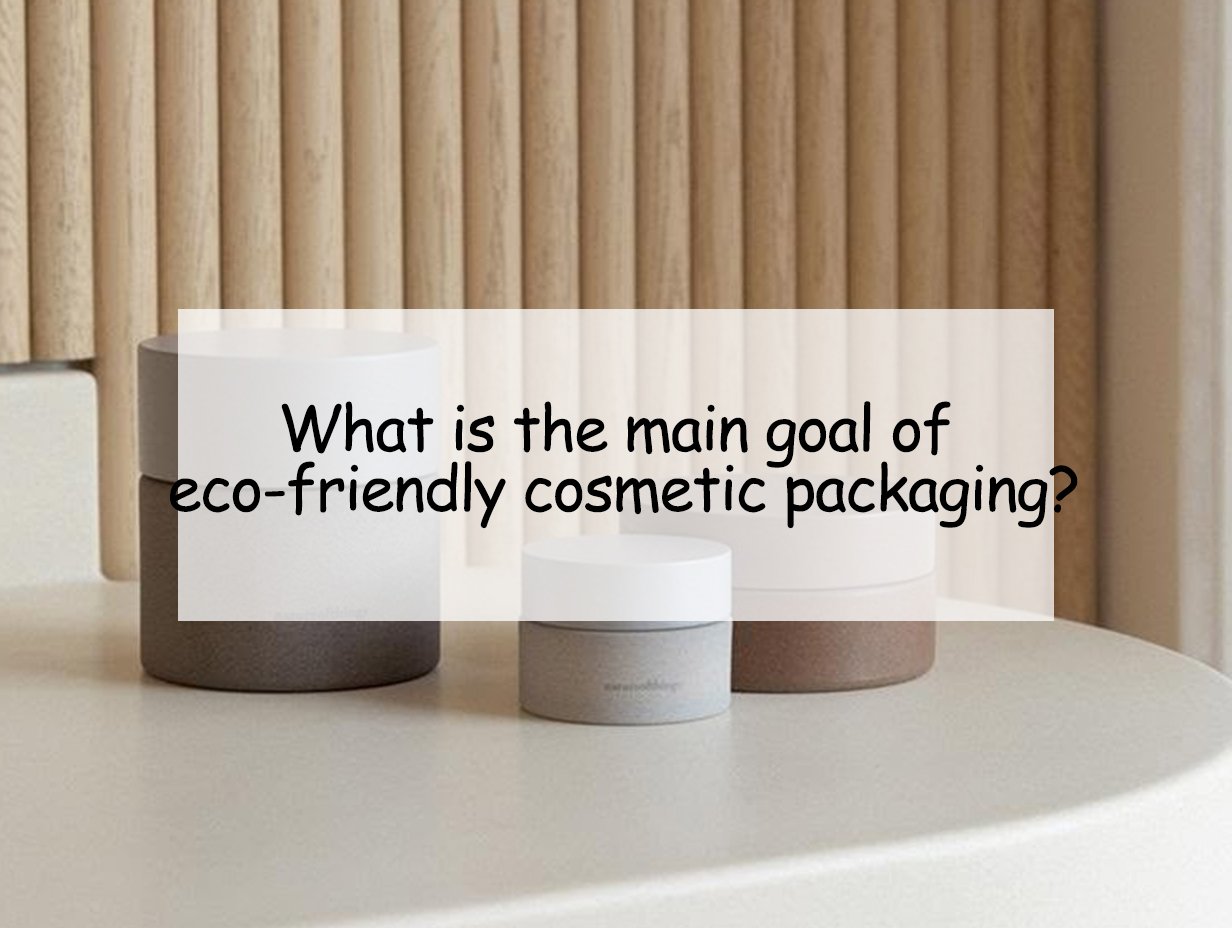
](https://jinlinpackaging.com/wp-content/uploads/2025/03/What-is-the-objective-of-eco-friendly-packaging.jpg)
](https://jinlinpackaging.com/wp-content/uploads/2025/03/What-is-eco-friendly-packaging-for-cosmetics-1.jpg)
](https://jinlinpackaging.com/wp-content/uploads/2025/03/What-is-the-need-for-eco-friendly-packaging.jpg)
](https://jinlinpackaging.com/wp-content/uploads/2025/03/Why-does-eco-friendly-packaging-matter.jpg)
